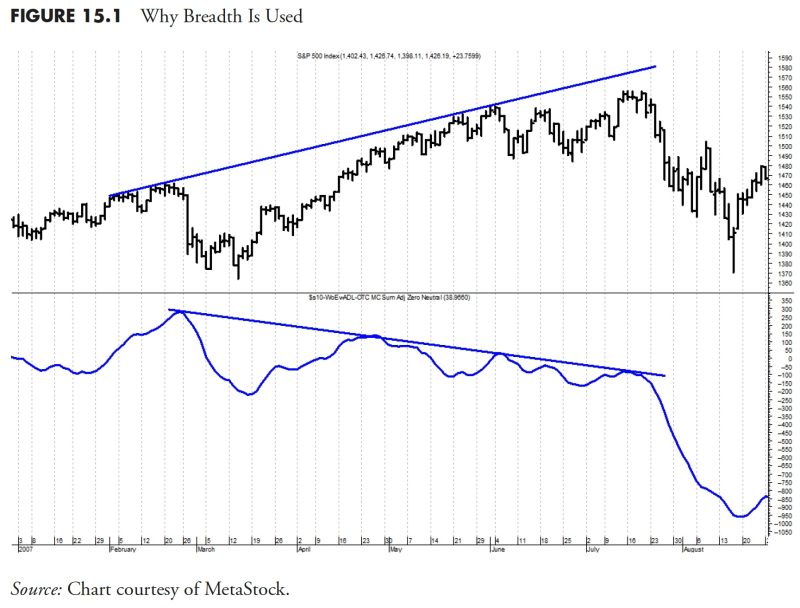In the realm of personal finance and investment, the concept of rules-based money management has gained significant traction among both seasoned investors and novices alike. By establishing a clear set of guidelines and strategies to govern their financial decisions, individuals can navigate the complexities of the market with a greater sense of direction and purpose. This methodical approach to money management is not only beneficial for managing risk and optimizing returns but also for instilling discipline and consistency in one’s investment practices.
One of the foundational principles of rules-based money management is the establishment of clear goals and objectives. By defining specific financial targets and timelines, investors can better align their investment strategies with their overall objectives. This proactive approach helps to focus investment decisions on the long-term goals, rather than succumbing to short-term market fluctuations or emotional impulses. Setting realistic and measurable goals provides a roadmap for investors to track their progress and make informed adjustments to their portfolios as needed.
Another key aspect of rules-based money management is the implementation of risk management strategies. Diversification, asset allocation, and risk assessment are crucial components of any robust investment plan. By spreading investments across different asset classes and industries, investors can mitigate the impact of market volatility and reduce the potential for significant losses. Additionally, regularly assessing and monitoring the risk profile of one’s portfolio allows investors to make informed decisions about rebalancing and adjusting their holdings to maintain an optimal level of risk exposure.
Incorporating rules-based money management also involves the establishment of clear entry and exit criteria for investment positions. By setting specific buy and sell rules based on technical or fundamental indicators, investors can remove emotion from their decision-making process and rely on a systematic approach to trading. This disciplined methodology helps to avoid impulsive decisions and allows investors to capitalize on opportunities or cut losses efficiently and effectively.
Furthermore, rules-based money management emphasizes the importance of continuous learning and improvement. Markets are dynamic and ever-evolving, requiring investors to stay informed and adaptable in their strategies. Regularly reviewing and fine-tuning investment rules and processes based on performance data and market trends can help investors stay ahead of the curve and optimize their investment outcomes over time.
In conclusion, rules-based money management offers a structured and disciplined approach to navigating the complexities of the financial markets. By establishing clear goals, managing risk effectively, implementing systematic entry and exit criteria, and fostering a culture of continuous improvement, investors can enhance their financial success and build a solid foundation for long-term wealth creation. Embracing the principles of rules-based money management can empower individuals to take control of their financial futures and make informed decisions that align with their objectives and values.

